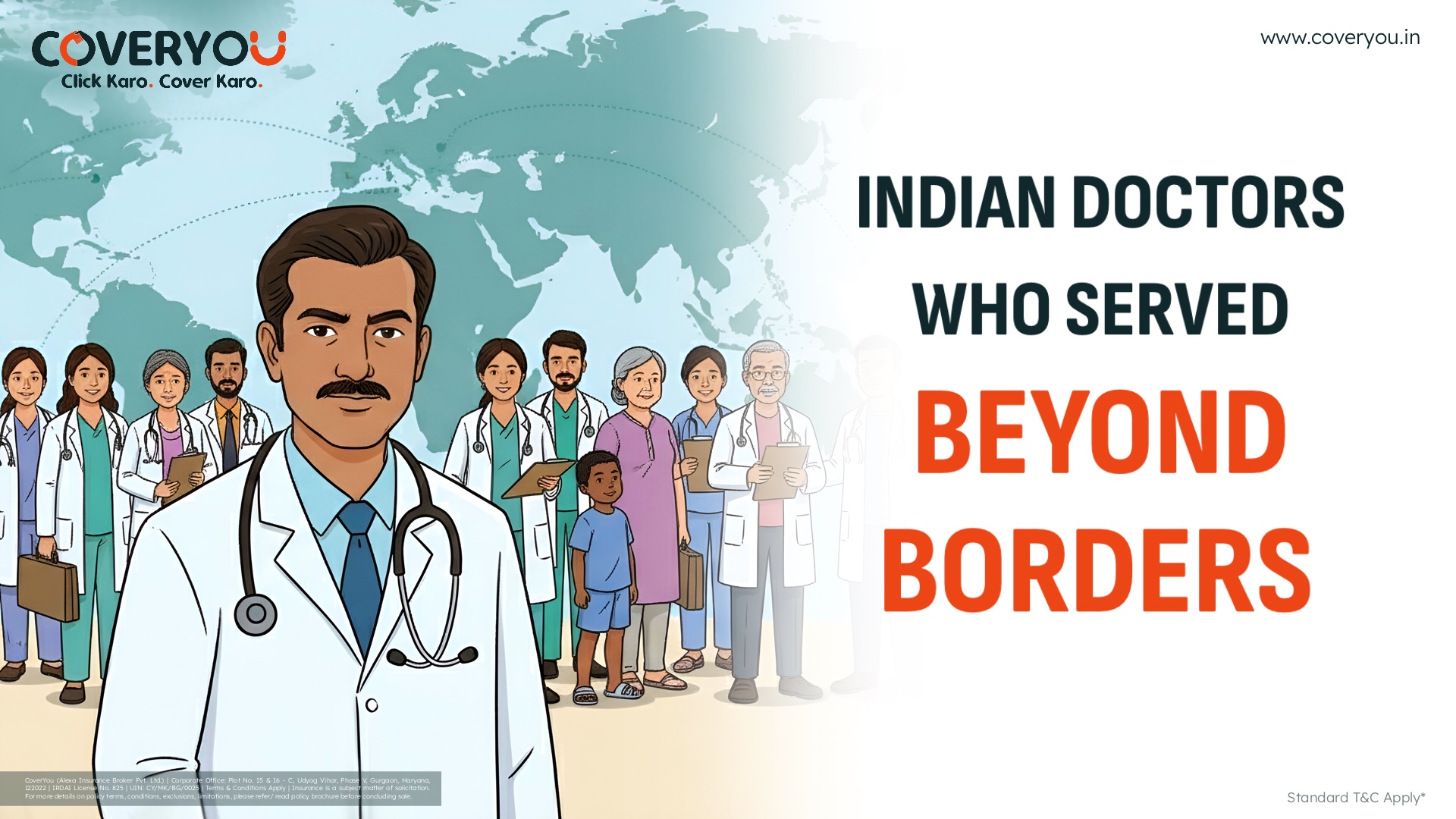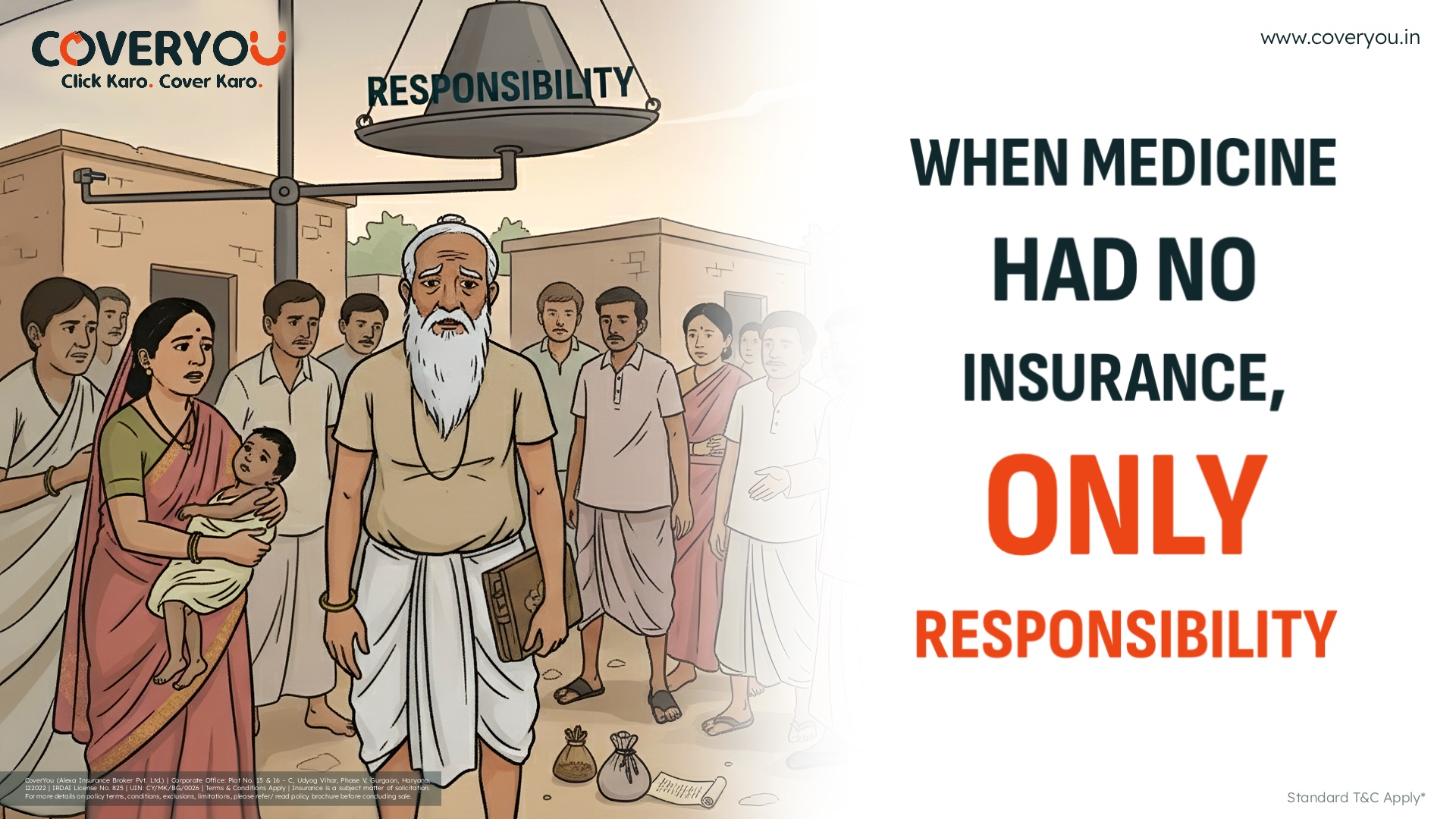Breaking into the medical field as trainee doctors in India is both an exciting and daunting experience. Transitioning from medical school to private practice brings unique opportunities and challenges. According to a 2023 survey by the Indian Medical Association, 70% of medical students report feeling overwhelmed by their workload, and 60% experience significant stress related to maintaining a work-life balance.
Additionally, 68% of new doctors face substantial financial burdens due to educational debt, and 50% find navigating the complexities of insurance paperwork and hospital regulations particularly challenging. These factors contribute to a high incidence of burnout, with nearly 40% of trainee doctors in India reporting symptoms of burnout during their first few years of practice.
In this blog, we’ll explore how trainee doctors can achieve a balanced career by delivering exceptional patient care while also prioritising their own well-being.
1. Prioritise Patient Care
Patient care should always come first in your practice. This entails giving each encounter your full attention, showing compassion, and being thorough. You can greatly enhance your patients’ satisfaction and outcomes by developing rapport and trust with them. Keep in mind that patients are more than just their symptoms; learning about their backgrounds and concerns can help with diagnosis and treatment planning. Ensuring their comfort, safety, and well-being is your priority at all times.
In line with this, the National Medical Commission (NMC) of India emphasises ethical medical practice and patient-centred care in its guidelines. These guidelines stress the importance of maintaining patient confidentiality, obtaining informed consent, and practising evidence-based medicine. Trainee doctors are encouraged to engage in continuous learning, respect patient autonomy, and work collaboratively with other healthcare professionals to provide the highest standard of care.
2. Continuous Learning
The field of medicine is continuously changing. You need to keep up with the most recent findings, therapies, and technological advancements to give the best care. Use online resources, conferences, journals, and courses to continue your education. This commitment to learning keeps you competent and competitive in addition to improving your knowledge. Accepting lifelong learning makes it possible for you to provide the most modern and efficient medical care.
3. Effective Communication
In the medical field, effective communication is crucial. It entails actively listening to patients, making sure that instructions are clear, and breaking down complex medical information into easily understood terms. Effective collaboration among colleagues is crucial for well-organized and productive patient care. Gaining these abilities can enhance patient outcomes overall, decrease errors, and foster trust. You can make a big difference in your interactions by being patient and empathetic.
4. Time Management
Effective time management is essential in the demanding field of healthcare. Sort jobs according to their importance and urgency, and when necessary, learn to assign. You can manage your time well to balance your personal life, studies, and clinical responsibilities. Being organised can be achieved by making use of tools such as checklists, apps, and schedules. Effective time management lowers stress and boosts output, enabling you to give your patients the best care possible.
5. Seek Mentorship
Early in your career, mentoring is quite beneficial. Expert medical professionals can provide direction, encouragement, and insight to help you overcome obstacles in your clinical and professional endeavours. Look for mentors whose work you respect and who inspire you. Maintaining regular communication with your mentors can bring fresh insights, constructive criticism, and support.
6. Stay Organised
The secret to practising medicine effectively is organisation. Maintain a neat workspace, handle your tasks methodically, and keep thorough records. Having strong organisational abilities facilitates monitoring patient progress, guaranteeing follow-ups, and lowering mistakes. Make effective use of digital systems and tools for information management. Maintaining an organisation helps you manage work demands more skillfully, which improves patient care and lowers stress.
7. Build Resilience
To manage the strains of a medical career, developing resilience is crucial. Coping mechanisms such as mindfulness, physical activity, and hobbies can help decompress and rejuvenate. According to a 2022 study by the Indian Journal of Psychiatry, 62% of doctors in India experience burnout, but those who regularly engage in stress-relief activities report a 40% lower incidence of burnout. Recognizing when to seek help is vital; 55% of doctors who sought professional support felt significantly better equipped to handle stress. Building emotional resilience is essential for a long and fulfilling medical career.
8. Team Collaboration
In healthcare, cooperation is key. Work well together to deliver comprehensive care with nurses, technicians, and other medical professionals. Honour the contributions and areas of expertise of each team member. Effective collaboration raises job satisfaction, lowers errors, and improves patient care. To make sure everyone is on the same page, coordinate and communicate with your team regularly. Better patient outcomes and a more productive work environment are the results of effective collaboration.
9. Self Care
Preserving your mental and physical health is essential to avoiding burnout. Make sure you eat well, get enough sleep, and exercise regularly. Make time for your favourite pastimes and pursuits. Keep an eye on your mental well-being and, if necessary, get expert assistance. Taking care of yourself enables you to keep up the enthusiasm and vitality required to provide your patients with effective care. A doctor in good health is better able to deliver high-quality care.
10. Ethical Practice
Maintaining the highest ethical standards in medicine is essential to your work as a trainee doctor. This entails upholding patient privacy, getting informed consent, and acting with integrity and honesty. Patients will trust you and the care they receive if you follow ethical guidelines. Keep yourself updated on moral precepts and quandaries, and when in doubt, seek guidance. In the medical industry, a culture of respect and trust is fostered by ethical behaviour.
Upholding the highest standards of medical ethics is crucial for maintaining patient trust and avoiding legal issues, especially with the rise in medical negligence cases in India, which saw a 110% increase annually and a 20% rise in cases reported to the National Consumer Disputes Redressal Commission in 2022. As you begin your career, it’s vital to protect your reputation by securing Professional Indemnity (PI) insurance.
CoverYou’s PI insurance provides essential protection, covering legal expenses and compensation claims from allegations of negligence. This allows you to focus on delivering high-quality, ethical care without the constant fear of litigation, ensuring a solid foundation for your medical practice.

















